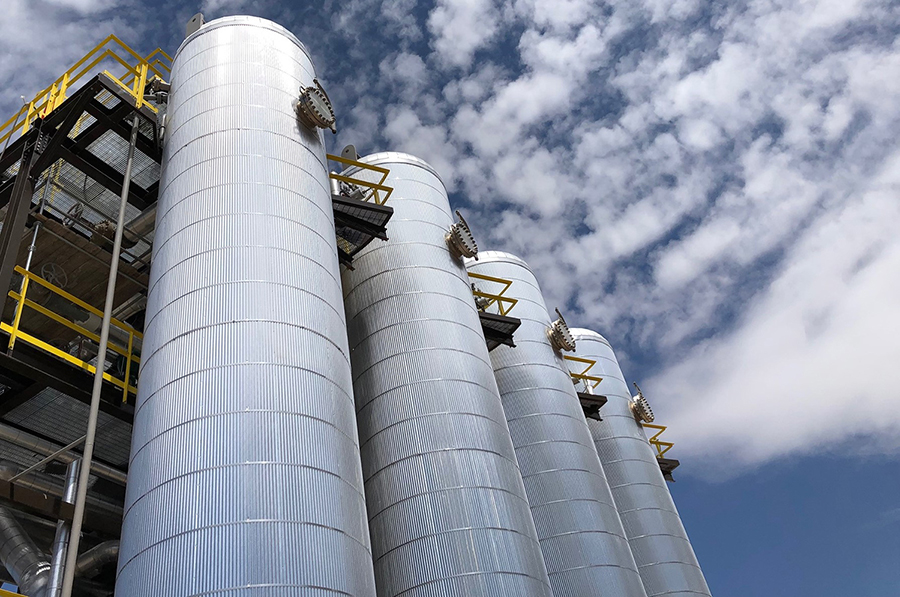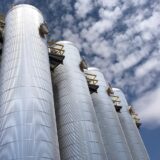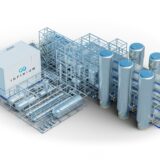
Mitsubishi Heavy Industries and Infinium to produce and deploy Electrofuels™ in Japan
Mitsubishi Heavy Industries (MHI) has announced a collaboration with ultra-low carbon fuels producer Infinium to produce and deploy its proprietary Electrofuels™ in the Japanese market. MHI, who invested in Infinium in 2021 as part of an effort to advance its own net-zero ambitions, confirmed on April 22, 2022, that the two companies had signed a Memorandum of Understanding, a move it says will expedite decarbonisation solutions in Japan.
Mitsubishi Heavy Industries (MHI) Group is one of the world’s leading industrial groups, spanning energy, logistics & infrastructure, industrial machinery, aerospace and defence. With headquarters in Sacramento, California, Infinium is a leading innovator in the area of clean fuels.
Low carbon fuels have strong application in industries where electric vehicles are considered difficult to utilise at scale. Infinium’s Electrofuels™ can be immediately used in existing engine designs for planes, ships and truck fleets without expensive engine modifications. “The Infinium team is tremendously excited about this opportunity to bring clean fuels to the Japanese market alongside our colleagues at MHI,” says Infinium CEO Robert Schuetzle.
The partnership will complement existing MHI efforts in electric vehicles, carbon dioxide recovery and carbon offsets. “Together, we can accelerate deployment of these key solutions throughout Japan and around the world in order to achieve our common goal of decarbonization,” says Makoto Susaki, Head of CCUS Business Taskforce at MHI.
MHI’s announcement also highlighted synergies with the Japanese government’s Green Growth Strategy. Japan has previously committed to achieve carbon neutrality by 2050 and a 46 percent reduction in emissions by 2030 (from 2013 levels).
Infinium’s non-extraction-based technology uses renewable power such as wind, solar and hydroelectric plants to create green hydrogen which, when paired with waste carbon dioxide, is used to produce ultra-low carbon fuels. The company claims Electrofuels™ reduce carbon dioxide emissions by up to 97 percent when compared to traditional jet and diesel fuels.














